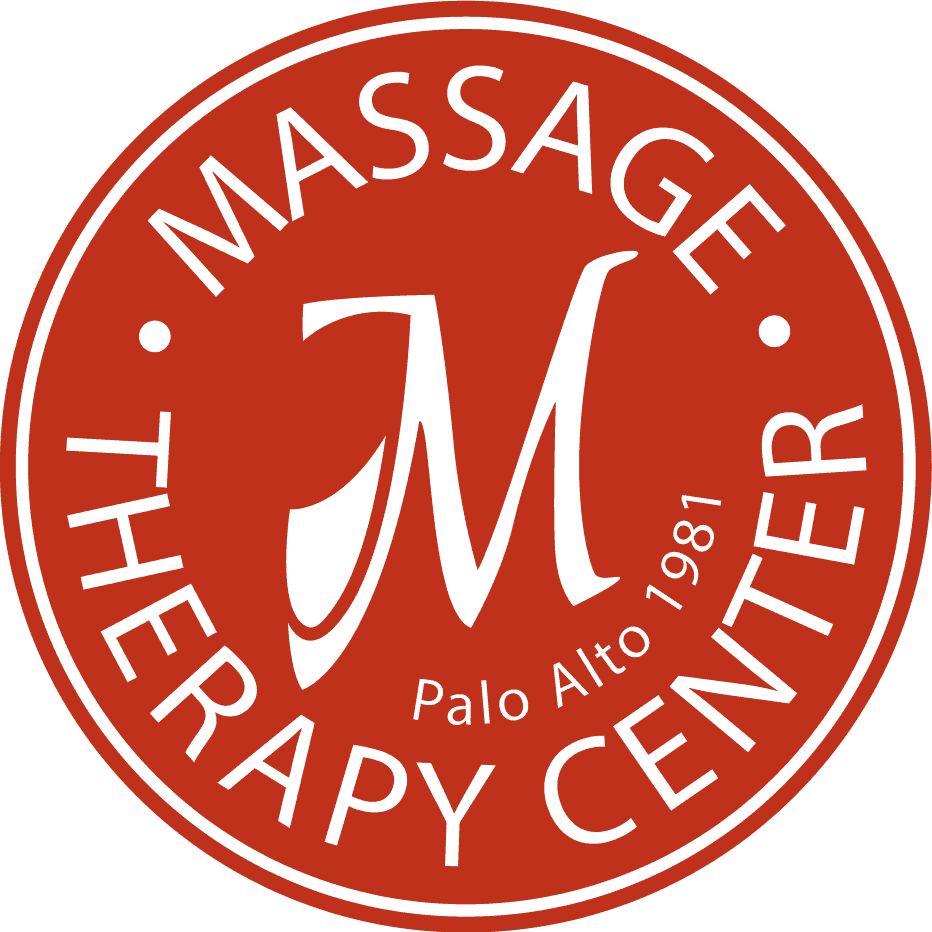Got Tech Neck?

Tech neck is a repetitive stress injury caused by staring down at the small screen of your laptop, smart phone, or other mobile devices for long periods of time. The condition is most common in people with multiple digital devices, who are peering at them sometimes up to 150 times a day. It causes both physical and cosmetic symptoms.
Physically tech neck can cause headaches, jaw and neck pain, and it affects the muscles that hold your shoulders in place to keep you upright. The stooping forward when using handheld screens places additional pressure on the neurovascular bundle of arteries, veins, and muscles that travel from the neck to the hand. The most severe cases can stop circulation to the hand, but it’s more common that the repetitive action aggravates old injuries, or leads to inflammation as well as formation of scar tissue and chronic injury.
Cosmetically, repeated bending the head causes a wrinkling of the neck just above the collarbone. This causes neck skin to lose its elasticity and age prematurely, while promoting the development of sagging jowls.
In his article on tech neck in the SF Chronicle in 2015, Chip Johnson recommended ‘drastic measures’ to prevent injury, such as holding the screen in front of your face so you don’t have to bend over to see it, or training yourself to not peer at the your phone every two minutes. If you’re really serious about preventing problems, he suggests making phone calls on a land line before you leave the house, or taking in the sights when you’re out of the house instead of staring at devices.
In addition we recommend getting regular bodywork at Massage Therapy Center Palo Alto to relieve the repetitive muscle strain and tension. Getting regular massage and bodywork influences the health of your back, neck, and shoulders in many positive ways. It encourages healthy myofascial tissues by promoting relaxation, reducing tension and anxiety, improving blood circulation that delivers oxygen and nutrients to the cells, and relieving muscle cramps as well as spasms.
